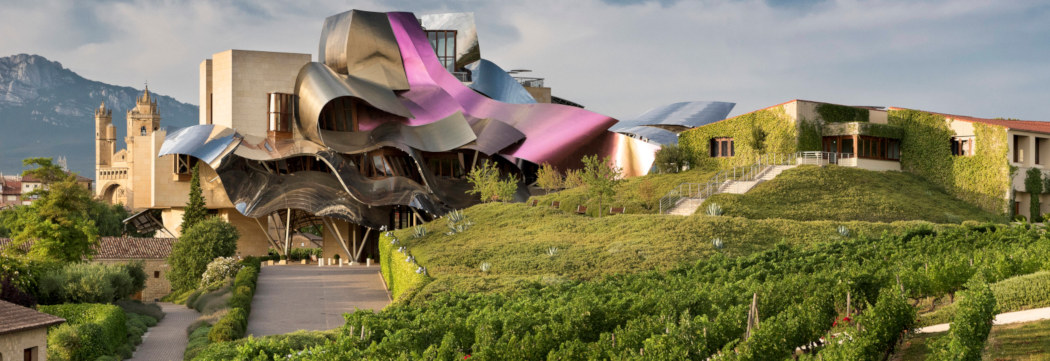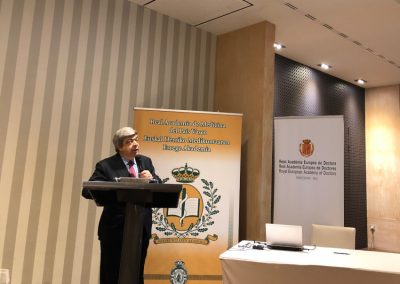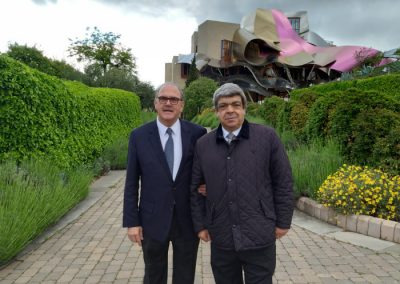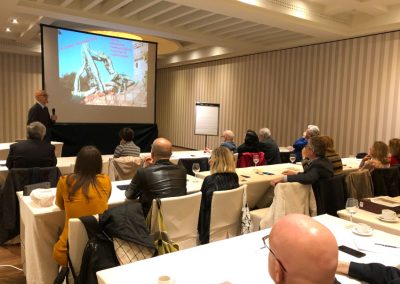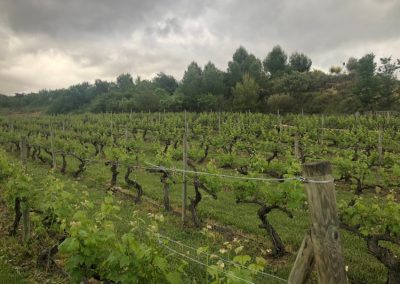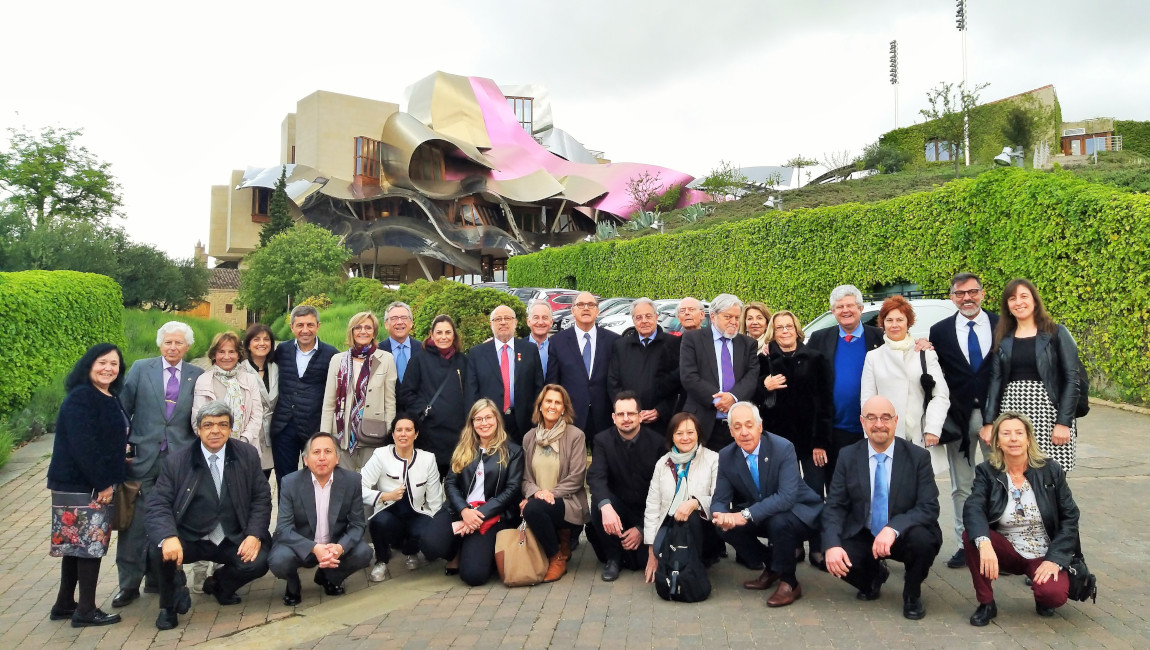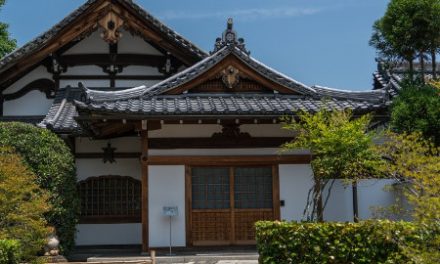The RAED and other institutions agree to fight for the protection of heritage during the Scientific-Cultural Meeting in La Rioja Alavesa
The Royal European Academy of Doctors-Barcelona 1914 (RAED), the Royal Academy of Medicine of the Basque Country (RAMPV-EHMEA), the Royal Academy of Doctors of Spain, the Spanish Academy of Nutrition and Sciences of the Food, the Spanish Society of Community Nutrition and the Association for the Dissemination and Promotion of the World Heritage of Spain signed on May 25 in Laguardia a manifesto in which they commit themselves to fight together in the protection of the material and immaterial heritage of Spain. The signing of what these entities, called the “Manifesto of Laguardia (Rioja Alavesa)”, occurred within the framework of the first Scientific-Cultural Meeting in La Rioja Alavesa convened by RAED and RAMPV.
“Spain is one of the world leaders in recognition by Unesco. We are the third country in the world, after China and Italy. There are 47 declarations of Cultural and Natural Heritage and 18 of the Immaterial. This makes a total of 65 declarations , which gives us an idea of the rich and varied heritage, and for this reason, we propose and support the celebration on November 2 of the World Heritage Day of Spain, the creation of a World Heritage Council of Spain in which they are represented the institutions and entities related to it, the strengthening of the Santiago’s Road, which represents the religious, cultural, geographical and commercial ties established in the pilgrimage as well as projecting the rich artistic heritage of important historical interest without forgetting its landscape value, protection and dissemination of the Mediterranean diet, set of knowledge, practices, skills and traditions all foods and enclaves, with evident benefits for health, biodiversity and sustainability, to which must be added healthy habits, physical activity, conviviality and a healthy rest, and stimulate research and dissemination of the collective heritage linked to the languages, uses and unique cultural expressions of the different territories of Spain”, says the manifesto.

This first Scientific-Cultural Meeting in La Rioja Alavesa was attended by 35 speakers who, over the three days, discussed issues related to oenology, viticulture, food, diet and a region such as La Rioja Alavesa that is characterized for the internationally recognized quality of its wines. This scientific part was complemented with a series of cultural visits that included the Marqués de Riscal winery, by the architect Frank Gehry, and the prestigious and award-winning winery of Eguren Ugarte. In its auditorium the presentations took place. The format of the interventions was the traditional 15 minutes of the events of the RAED and grouped into four large blocks: “Enology and Wine Culture”, which was divided into two sessions, “Food, Gastronomy and Health” and “Actuality in Science and Humanities”.
In general, subjects as diverse as the relation of wine to music, humor, art, literature, wine in the history of civilizations, the costs of production and sale, the importance of cork in the evolutionary process of the wine, the function of the sensory organs before a wine tasting, marketing and oenology, the unique varieties of Rioja wine, the unique characteristics of rosé wine, the protection of the vineyards, the biochemistry of wine, the oenological processes and food safety, wine within the Mediterranean diet, the routes of the Camino de Santiago, or the Sierra de Cantabria as an ecosystem of La Rioja Alavesa, magic and wine, the cauldrons of witches and wine, running among vineyards, walking the road with bread and wine, reformulating to eat healthier, metabolically healthy obesity, the challenge of communicating in health, gastrophysics, how to lose or earn a Michelin star, art and environmental fragility, art e and infancy, artificial intelligence and the behavior of dogs, the digital life of a “millennial”, sport or physical activity with ergogenic aids and the Basque language, its history and its context.

